Legal with Leah: Changes to CAUV woodland values
As Ohio Farm Bureau Policy Counsel Leah Curtis notes in this Legal with Leah, these changes should result in significant tax savings for many Ohio woodland owners.
Read MoreEven though there can be zoning in rural areas of Ohio, there are limitations in the law when it comes to agriculture.
What is zoning, what does it regulate and how does someone know if they have zoning in their area? In this Legal with Leah, Ohio Farm Bureau Policy Counsel Leah Curtis covers those questions and shares that even though there can be zoning in rural areas of Ohio, there are limitations in the law when it comes to agriculture.
Listen to Legal with Leah, a podcast featuring Ohio Farm Bureau’s Policy Counsel Leah Curtis discussing topics impacting farmers and landowners.
Ty Higgins [00:00:00] The Ohio Farm Bureau Landowner Toolkit has been updated and is available for download exclusively for Farm Bureau members. One of the topics covered in the toolkit is zoning. We bring in Leah Curtis, policy counsel with Ohio Farm Bureau for this Legal with Leah. Leah, what is zoning and how does someone know if they have zoning in their area?
Leah Curtis [00:00:20] Zoning is a decision by your local government to organize the land uses within their jurisdiction. So that could mean certain businesses can locate in one area versus another area mainly for residential uses. Unincorporated areas, those outside of a municipality, they could have either township or county zoning. If you don’t know, you could usually contact your township trustees or county commissioners to find out. They can certainly point you in that direction. If you live within a municipality or an incorporated area, it’s probably likely that you do have some sort of zoning that applies to your property. And again, you could contact your local legislative government, city council to find out that information.
Ty Higgins [00:01:00] So what types of things does zoning regulate?
Leah Curtis [00:01:03] Zoning is typically concerned with the use of the land and the features from the outside. So aside from ‘Can I use this property for a house?’ or ‘Can I put a laundromat on this on this piece of property?’, zoning is also going to look at things like building size or set back from roads or property lines. And it’s important to note that this is distinct from other types of regulatory codes that we often get questions about too, like a building code or a fire code that are more concerned with the actual structures or the safety and not just the land’s use itself.
Ty Higgins [00:01:35] Even though there can be zoning in rural areas, are there limitations in the law when it comes to agriculture?
Leah Curtis [00:01:41] So county and townships actually under state law are prohibited from zoning agriculture in most instances. So this means they can’t prohibit the use of agriculture except in limited circumstances. Now, as with other areas of the law, we’re talking about productive agriculture here, not necessarily ancillary activities or businesses. But the law does say that it’s not only agriculture, but also marketing and storage that’s incident to the agricultural use of that property.
Ty Higgins [00:02:09] When can local officials apply zoning regulations to agriculture?
Leah Curtis [00:02:13] Again, there’s going to be a very limited set of circumstances because generally they cannot prohibit agriculture. But if a lot is located in a platted subdivision or in an area with 15 or more contiguous lots that have been improved under certain platting provisions, then local officials can regulate agriculture on lots less than one acre. On lots less than five acres, they can regulate buildings or structures as to size, setback in height, and then on lots that are less than five acres or at least 35% of the lots have been developed, they can regulate livestock and poultry. So if you’re in sort of that subdivision or that platted area, there will be a little more ability for your local government to limit those agriculture activities.
Ty Higgins [00:02:57] How often do we see these limitations apply?
Leah Curtis [00:03:00] I would say these don’t come up very often. And that’s not necessarily because we don’t have these situations, but because most of the time in a platted subdivision or some of these individual lot situations, there’s already property restrictions or covenants that were placed on the property at the time of sale. So, for example, if you live in an actual subdivision, it’s not uncommon that you have a restrictive covenant on your property that says, you can’t do this, you can’t do that, you can’t have a fence, you can’t paint your door without talking to your HOA. A lot of times those restrictions will include some limitation on agriculture, some limitation on livestock. And it’s important those are not zoning provisions. Those are specific to those properties.
Ty Higgins [00:03:43] There are a few other specific agricultural uses the townships and counties are limited in their ability to regulate. What are those?
Leah Curtis [00:03:50] So in all of these instances, local officials can regulate certain aspects of land use, but they’re going to be limited. So, for example, farm markets is one good example. If a farm market is making at least 50% of its income from products of the farm, then they can regulate the size of the structure, the parking area, the set back, the ingress and egress. So those are kind of things more related to public health and safety. Similarly, with agritourism, they can regulate all those same things: set back, parking area, ingress and egress that may affect the public safety.
Ty Higgins [00:04:22] As always, when we have these conversations, there’s a lot to decipher. Where can we find out more about local zoning and agriculture?
Leah Curtis [00:04:29] Our members can access our Ohio Farm Bureau Landowner Toolkit that covers this topic and provides a lot more information about zoning limitations and zoning disputes.
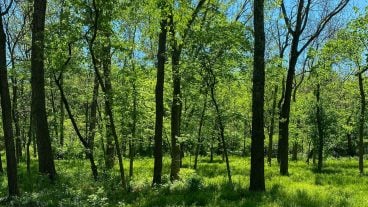
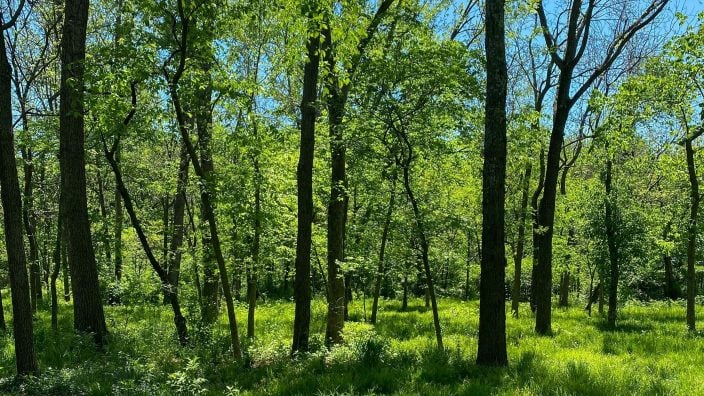
As Ohio Farm Bureau Policy Counsel Leah Curtis notes in this Legal with Leah, these changes should result in significant tax savings for many Ohio woodland owners.
Read More

In the case O’Connor v. Eubanks, the question is, can a state be sued in federal court when it takes a property?
Read More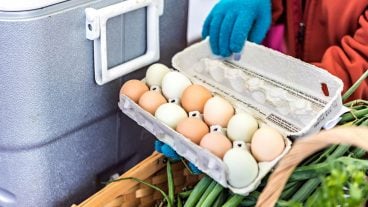
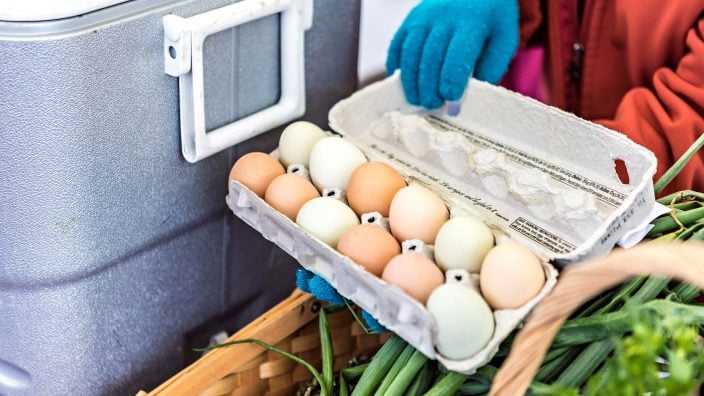
A new low risk license should bring consistency across Ohio in regard to nonmechanical refrigeration.
Read More

The law requires most businesses to report information about their beneficial owners, and the intent is to try to make it harder to illegally hide assets and commit financial crimes.
Read More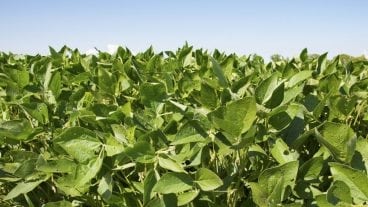
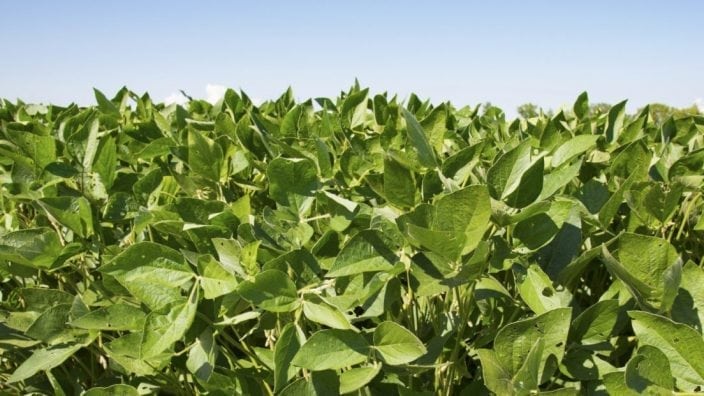
How will this impact Ohio farmers and what can be done to allow for use of the products that have already been purchased?
Read More

What are some of the things landowners need to be aware of, as they might see more people wanting to come out to their property and to rural Ohio for the best seat in the house?
Read More
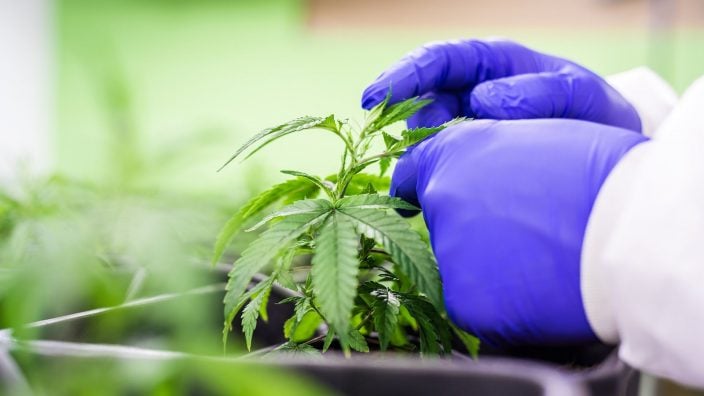
How will passage of Issue 2 impact agribusinesses and farm employers?
Read More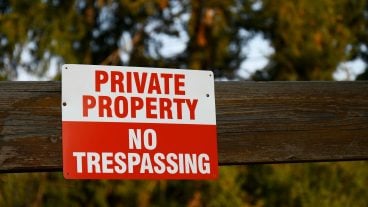
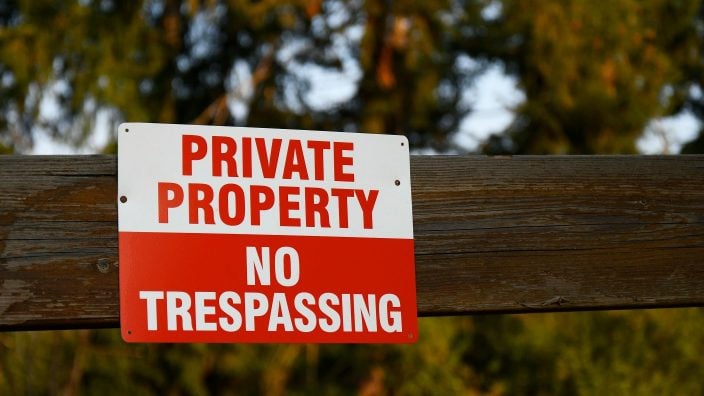
Policy Counsel Leah Curtis discusses Ohio trespassing laws and the liability that can fall on landowners when people enter their property.
Read More

When property owners may have issues with trees or encroachment on their property, they often turn to Ohio Farm Bureau for information.
Read More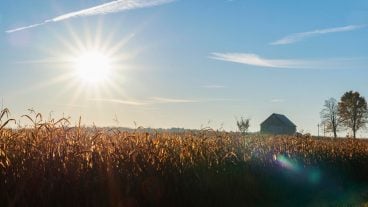
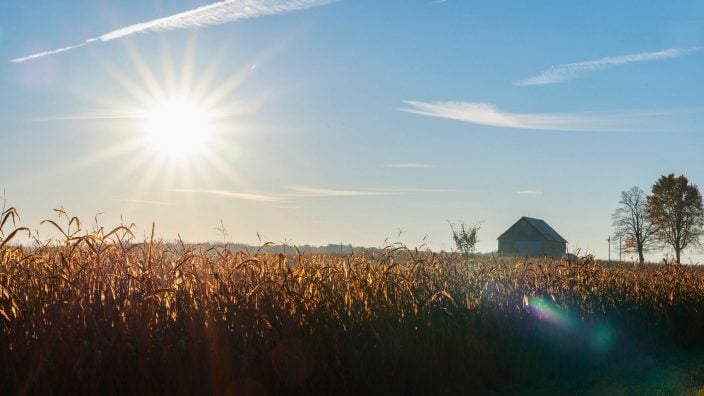
Even though there can be zoning in rural areas of Ohio, there are limitations in the law when it comes to agriculture.
Read More